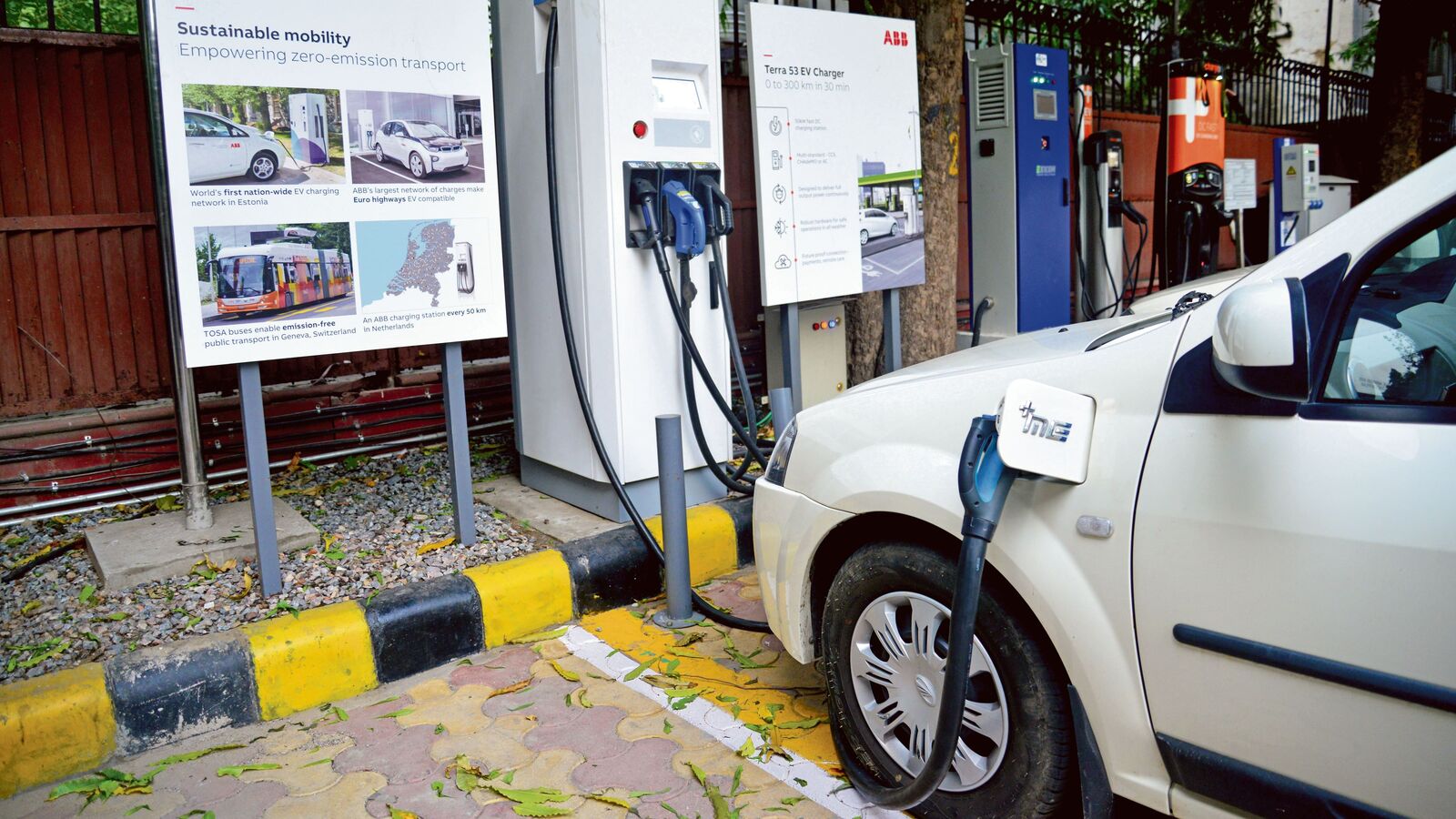As the rise of such businesses has traffic implications, the Motor Vehicles Act lays down guidelines for states to regulate them. Last November, Delhi came up with its Delhi Motor Vehicle Aggregator and Delivery Service Provider Scheme, 2023. It mandates licensing and regulatory requirements for aggregators, delivery service providers and e-commerce entities.
The underlying objective seems to be to address vehicular pollution by coercing most commercial vehicles to transition to electric vehicles (EVs). Prima facie, it appears that the policy will create a significant electric fleet on the ground. However, a nuanced analysis uncovers flaws that will create hurdles in achieving the desired goal.
The policy acts as a demand-side intervention, which can only be met when supply allows it. For platform businesses to transition to all-electric fleets, there should be proportionate EVs manufactured and sold. Along with this, charging infrastructure must be sufficiently dense and battery swapping points plentiful.
The Union ministry of road transport’s Vahan database shows that since 2022, only around 9% of two-wheelers have been EVs, while the proportion for four-wheeler and light motor vehicle EVs ranged from 1.5% to 3%. This implies low EV penetration.
Businesses operating in Delhi, however, are required to fortnightly update their fleet and meet EV targets. For instance, if a platform onboards 6,000 gig workers on two-wheelers in a fortnight, it must ensure that 10% of these are high-speed EVs. Otherwise, onboarding a 6,001st gig worker will expose the platform to stringent penalties. This is a stiff regulatory requirement for a platform that needs to expand without restraints.
There are about 2,500 charging points in Delhi, whereas the Delhi government estimates a need for 18,000 charging points by 2024. Similarly, there are around 230 battery swapping stations, which is insufficient to cater to the anticipated demand for EVs created by Delhi’s policy.
Making the implementation of the policy even more of an uphill task, low-speed electric vehicles (LSEVs) are not counted. LSEVs fall under the category of non-motorized electric bicycles, and, as per the Central Motor Vehicles Rules Act, do not require registration or even driving licences to run. These have become increasingly popular, especially for gig workers engaged in hyper-local deliveries. One cannot expect workers to buy electric scooters just to make deliveries.
These cost upwards of ₹80,000, making them an unaffordable proposition. LSEVs, on the other hand, offer an affordable and sustainable solution. Insistence on high-speed EVs makes policy compliance a burden for platform businesses and also reduces the scope of ground-level autonomy, thus making it harder for the market to attain its own efficiency.
Compliance is also a burden for other reasons. Only EVs registered in the National Capital Territory (NCT) of Delhi are counted. But all vehicles at the platform’s service, irrespective of what fuel they use, that ply in the NCT of Delhi are required to be uploaded on the government’s portal and paid for.
Since transit across state borders is frequent in the national capital region, this approach is impractical. If platform businesses somehow manage to apply virtual fences along state borders and prevent booking of rides from say, Gurugram to Delhi, it not only means a loss of business but also inconvenience for citizens.
Since that can’t be done, the denominator in the EV calculation includes all vehicles being used and is therefore large, while the numerator only has Delhi-registered EVs. This makes the EV target steep.
A prime reason for the rise of gig work is its low entry barrier. This barrier has risen as an unintended consequence of this policy. Most gig workers own the vehicles they use and are now being forced to buy expensive high-speed EVs, although deliveries can be made with LSEVs.
Gig platforms are required to disclose all vehicle details and the driver licences of their gig workers on the Delhi government’s portal by 14 June 2024. But such steep targets and short deadlines can do greater harm than good. Often, we hear of well intended policies failing at implementation stage. This seems like yet another example.
It is crucial to examine practical challenges while designing any policy. In the past, we saw a coercive approach taken to making commercial vehicles run on CNG. Now it is EVs. Complying with these policies will hurt businesses, but it is our gig workforce that will bear the brunt of it, as it is their livelihood opportunities that are worst affected by Delhi’s EV quota. If going green is the intent, it should be achieved by means that do not thrust any particular technology or configuration upon businesses.
#Green #tape #Delhis #policy #adoption #gig #platforms #prescriptive






